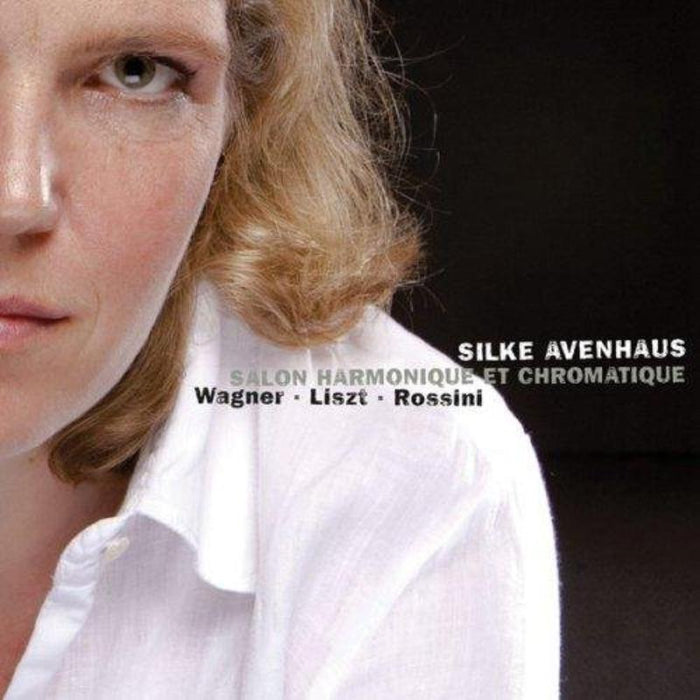Description
Alexander Zemlinsky (1871-1942)Piano MusicAlthough the music of Alexander Zemlinsky has foundan increasingly wide public during the past quartercentury,it is not on his piano music that his reputationrests. While it features prominently in his formativeyears, Zemlinsky effectively abandoned the medium atthe turn of the twentieth century. The present disccollates all of the published music that Zemlinsky wrotefor piano after 1891, revealing a skilful and assuredfigure who gradually worked free of his influences tobecome the composer whose mark was to be made inother fields.Zemlinsky's juvenilia includes two sonatas andnumerous genre pieces. From 1891, the LandlicheTanze (Rustic Dances) assembles its dance numbersinto a cumulative sequence - Zemlinsky 'trying out'various idioms in the process. The Straussian suavity ofthe first is followed by the Chopinesque elegance ofNo. 2. The third has a wistfulness redolent ofSchumann, and the fourth a hint of Mendelssohn, beforethe Lisztian radiance of No. 5. Brahms is to the fore inthe sixth, as is Dvořak in the seventh. The waltz-tempoof No. 8 complements the Landler-tempo of itssimilarly Schubertian successor, to be followed by thelively rhythmic profile of No. 10. The final two piecesproceed without pause, the drawing-room gallantry ofNo. 11 leading into the overt rhetoric of No. 12, whichbrings the collection to a stirring close.Despite attracting favourable notices, Zemlinskymay have felt that this 'Op. 1' gave a misleadingimpression of the composer he aspired to be. Hepublished nothing further for six years, though the VierBalladen (Four Ballades) composed during 1892-3 anddedicated to his teacher Johann Fuchs, were originallyintended as his 'Op. 2'. Brahms's Op. 10 Ballades aredirectly though never slavishly evoked - above all, inthe first, Archibald Douglas, after a poem by TheodorFontane. From the depths of the piano it proceeds inominous accents to a tumultuous central section,regaining its initial mood at the close. The secondballad, Der Konig von Thule, is an affectionaterendering of Gretchen's song from Goethe's Faust, acentral surge of emotion only briefly disturbing theplacid over-all mood. The third ballad, DerWassermann, after a poem by Justinus Kerner, islargely humorous and good-natured, with a hint ofmalevolence to heighten tension towards its centre. Thefourth ballad, Intermezzo, apparently has a secretprogramme: the coming-together of its two main ideas,respectively impulsive and capricious, suggests anamorous encounter, with the music then tapering awayin a serene conclusion to the cycle as a whole.A similar intimacy is embodied in the Albumblatt(Albumleaf), 'Souvenir from Vienna', written in 1895and dedicated to his pupil Catharina Maleschewski.Marked 'Very slow and inward', with allusions toWagner and Tchaikovsky, the piece inhabits a wideremotional range than its title implies, and, in its subtlyevolving form and modulatory freedom, suggests thatZemlinsky was already familiar w








